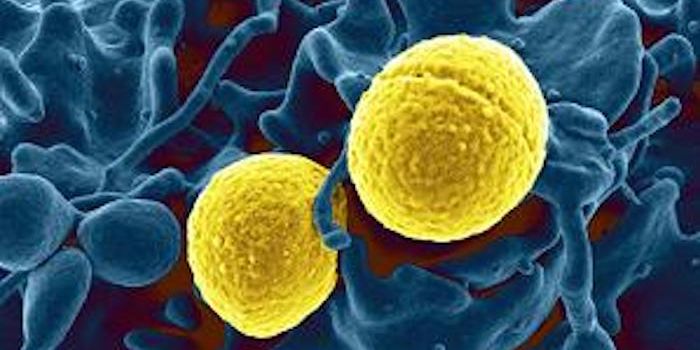A Fasting-Mimicking Diet is Shown to Have Many Health Benefits
A wealth of research has linked fasting or calorie-restricted diets to health benefits and aging improvements, although the mechanisms underlying the potential benefits are unclear, and there is still debate about how health, fasting, and aging may be linked. New work has indicated that diets that mimic fasting - in which a person undergoes short periods of limited calorie consumption - can reduce the aging of the immune system, lower liver fat levels, and reduce insulin resistance, and thus, lower diabetes risk. The findings have been reported in Nature Communications, and support previous work by this research group that has indicated that fasting-mimicking diets (in animal models) can boost the regeneration of stem cells, lower the risk of dementia, and lower the likelihood of a variety of disorders including heart disease and some types of cancer.
The fasting-mimicking diet (FMD) takes place in 5-day cycles, and is low in calories but high in unsaturated fats. It is made up of tea, vegetarian soups, energy bars, energy drinks, chips, and snacks. It is meant to mimic the effects of a fast in which only water is consumed, but FMD still provides important nutrients, which could make it far easier for people to complete compared to water-only diets.
"This is the first study to show that a food-based intervention that does not require chronic dietary or other lifestyle changes can make people biologically younger, based on both changes in risk factors for aging and disease and on a validated method developed by the Levine group to assess biological age," said senior study author Valter Longo, a Professor at the University of Southern California.
In this study, the researchers assessed the impact of the diet on a group of men and women aged 18 to 70. People were randomly assigned to groups that either completed the FMD at intervals, in which FMD was performed for five days and a normal diet was consumed for 25 days; or a group in which a normal or Mediterranean style diet was consumed durig the study period.
Participants in the FMD group had reduced abdominal fat, liver fat, and improved metabolic biomarkers, as well as less insulin resistance and lower risk factors for diabetes compared to other groups. The lymphoid-to-myeloid ratio cell ratios also changed, which seemed to indicate a more youthful immune system in FMD participants.
A statistical analysis also suggested that those in the FMD group had lowered their biological age by an average of 2.5 years.
"This study shows for the first time evidence for biological age reduction from two different clinical trials, accompanied by evidence of rejuvenation of metabolic and immune function," Longo said.
"Although many doctors are already recommending the FMD in the United States and Europe, these findings should encourage many more health care professionals to recommend FMD cycles to patients with higher than desired levels of disease risk factors as well as to the general population that may be interested in increased function and younger age," concluded Longo.
Sources: University of Southern California, Nature Communications









